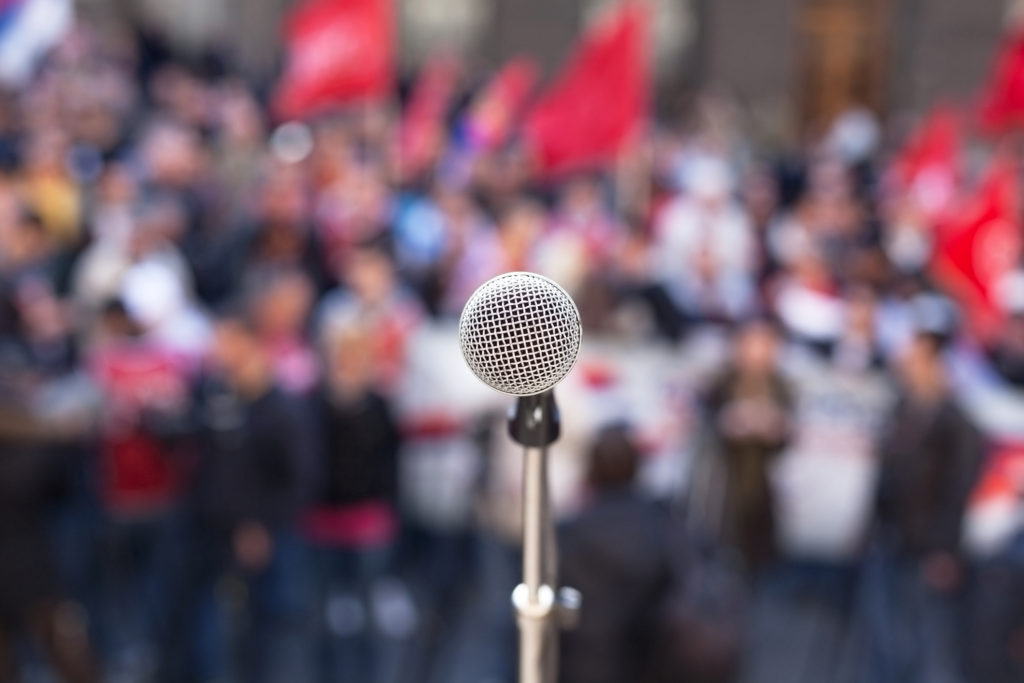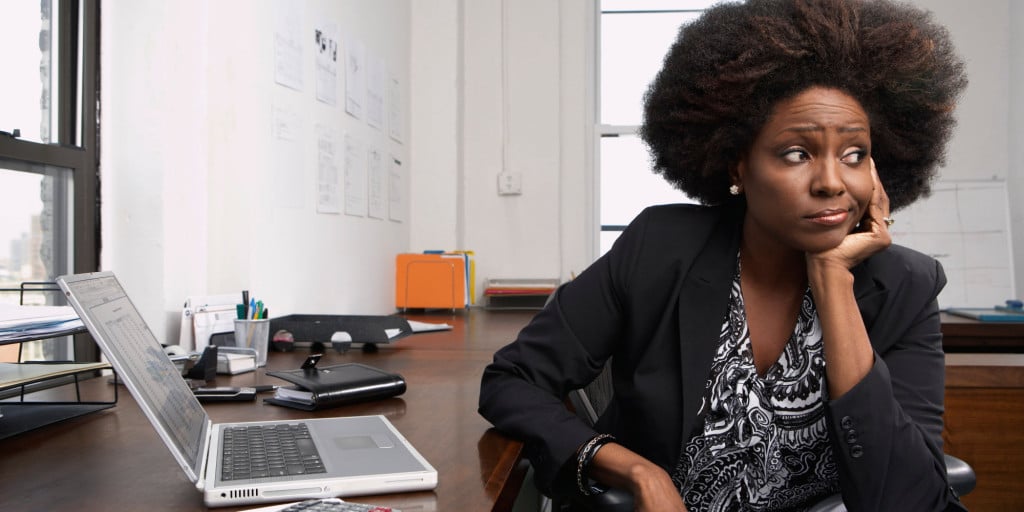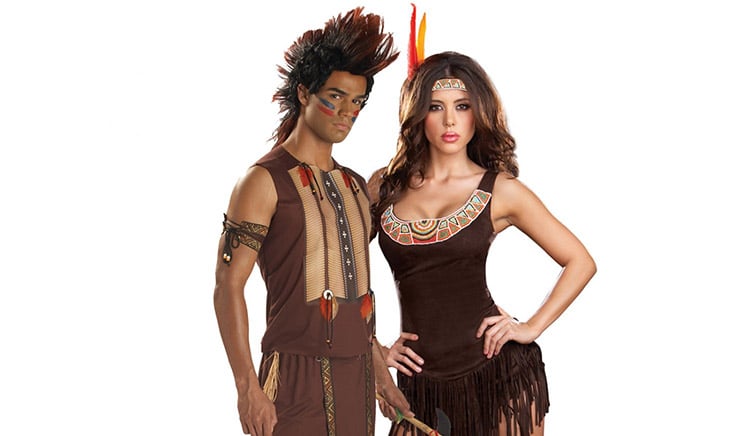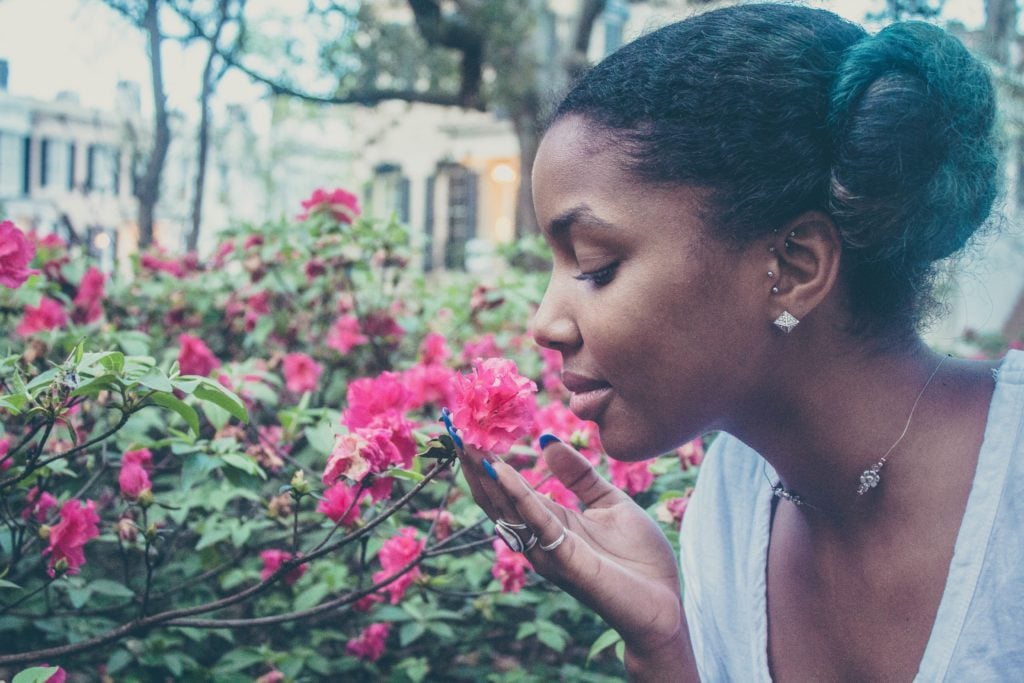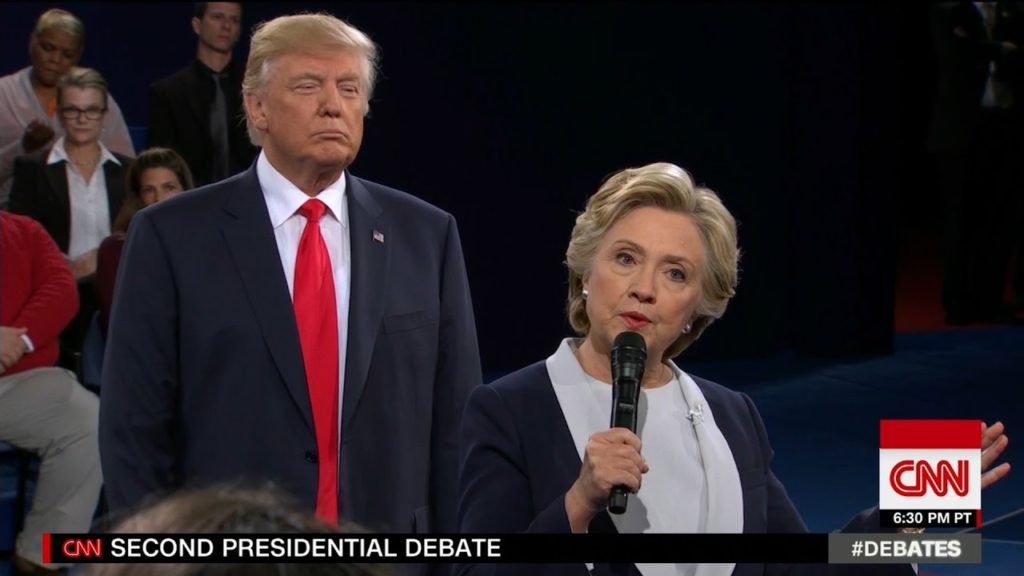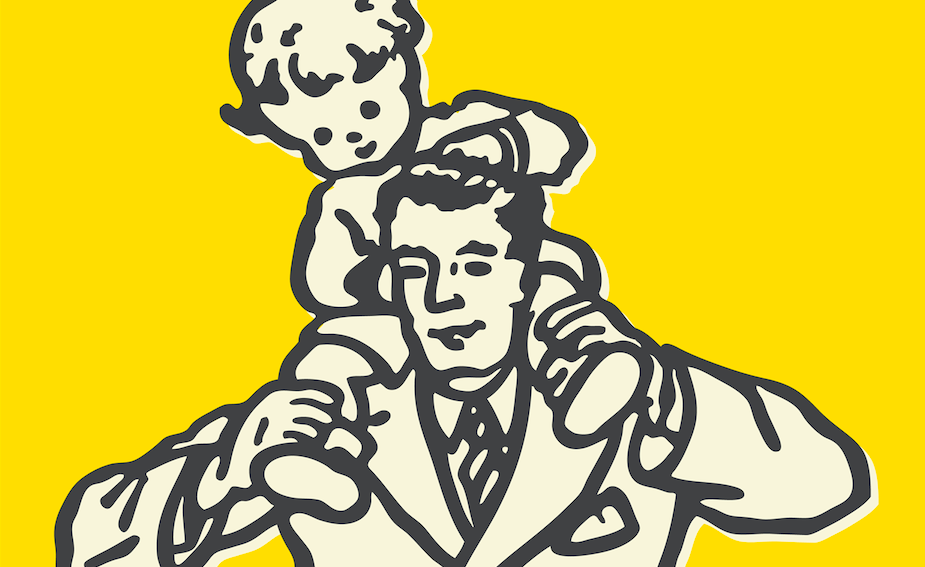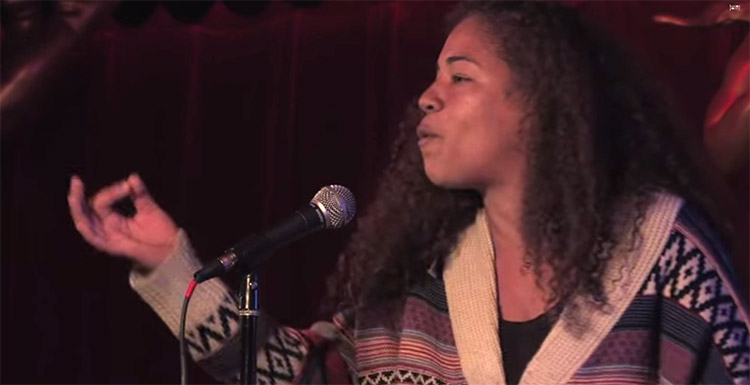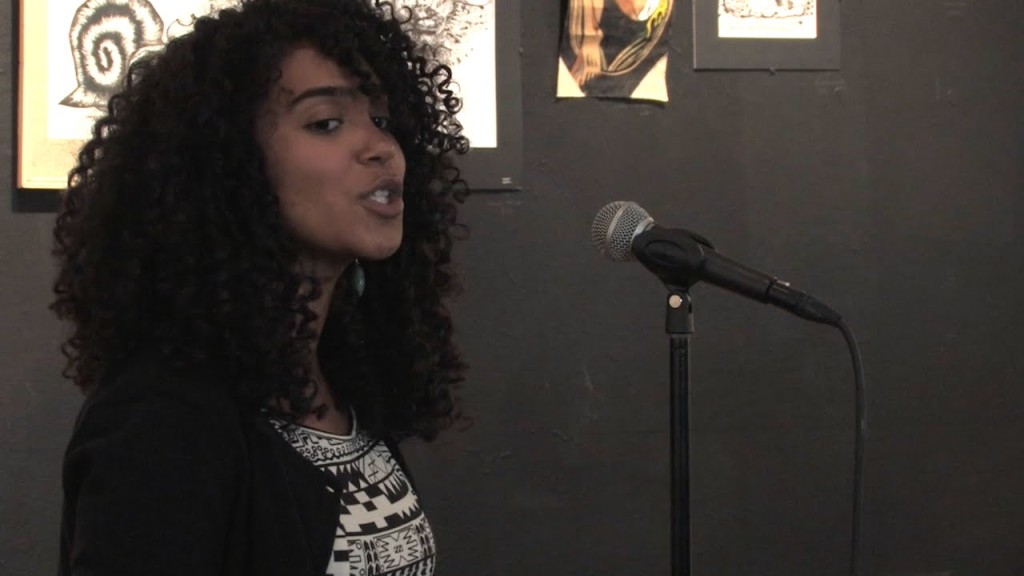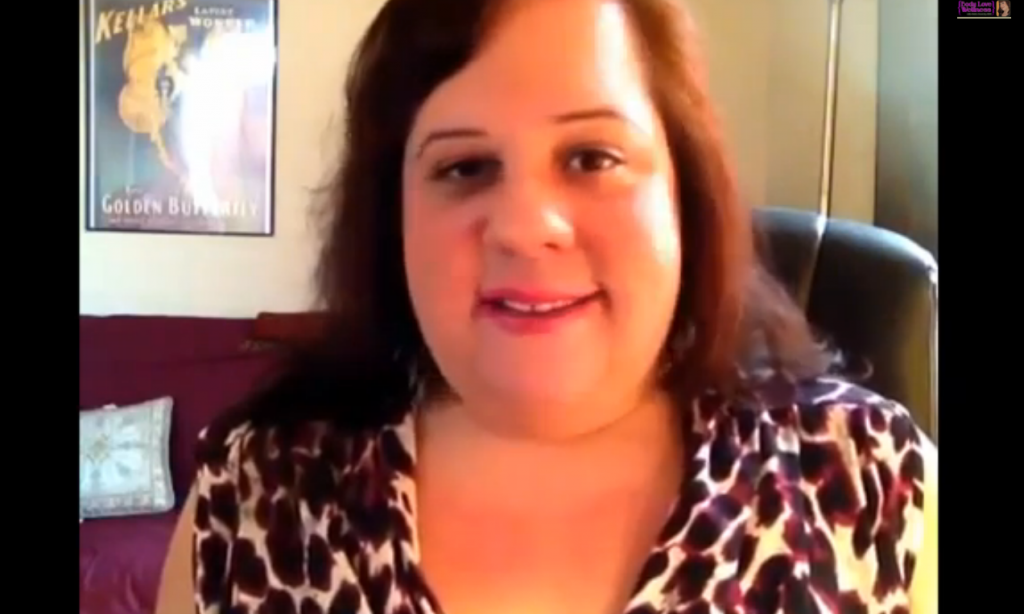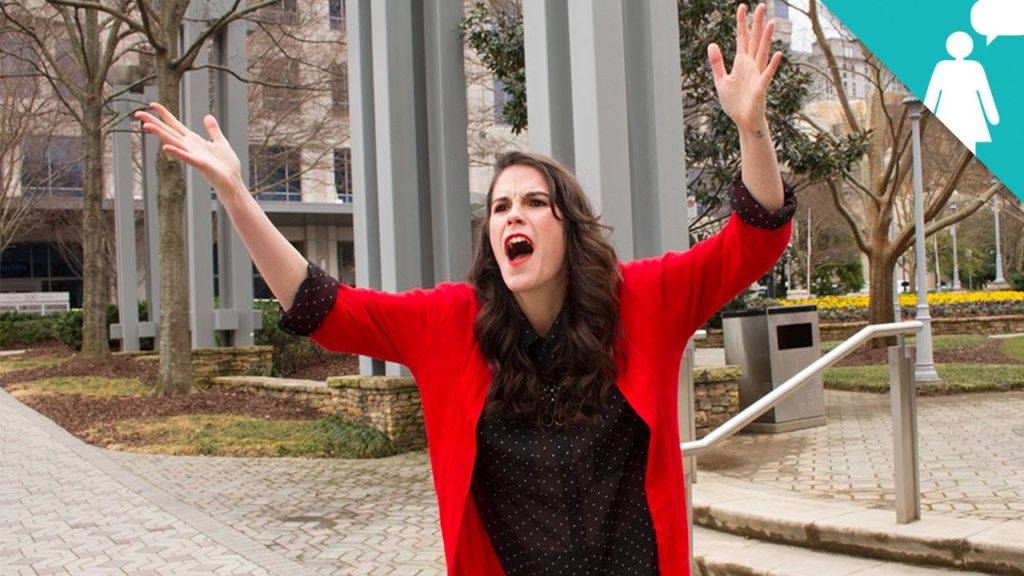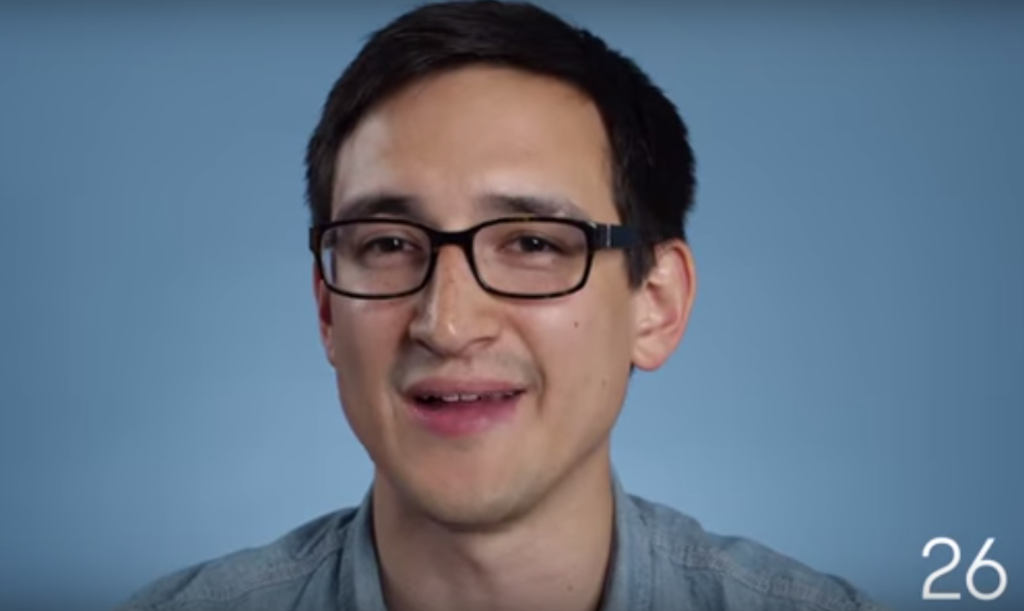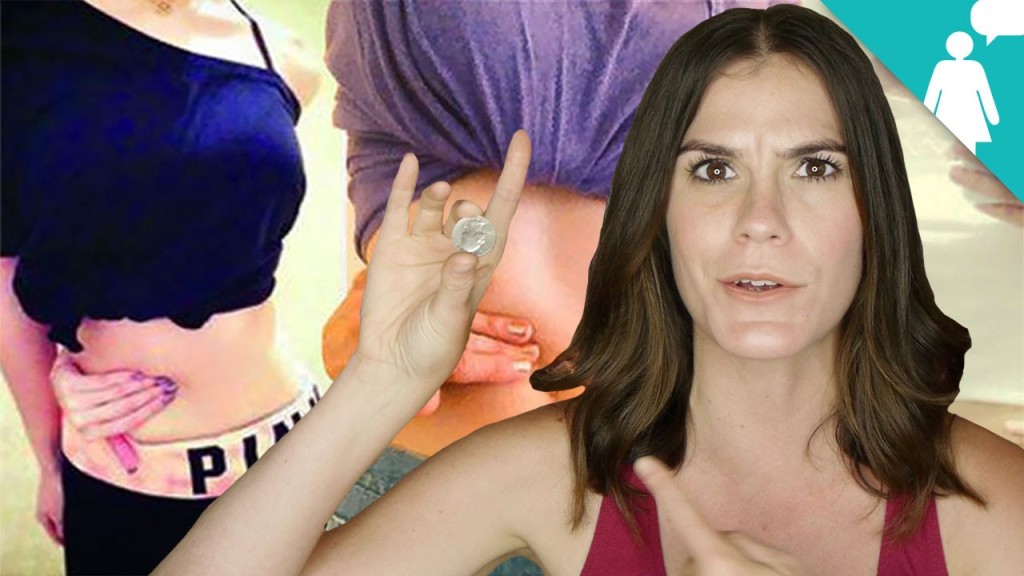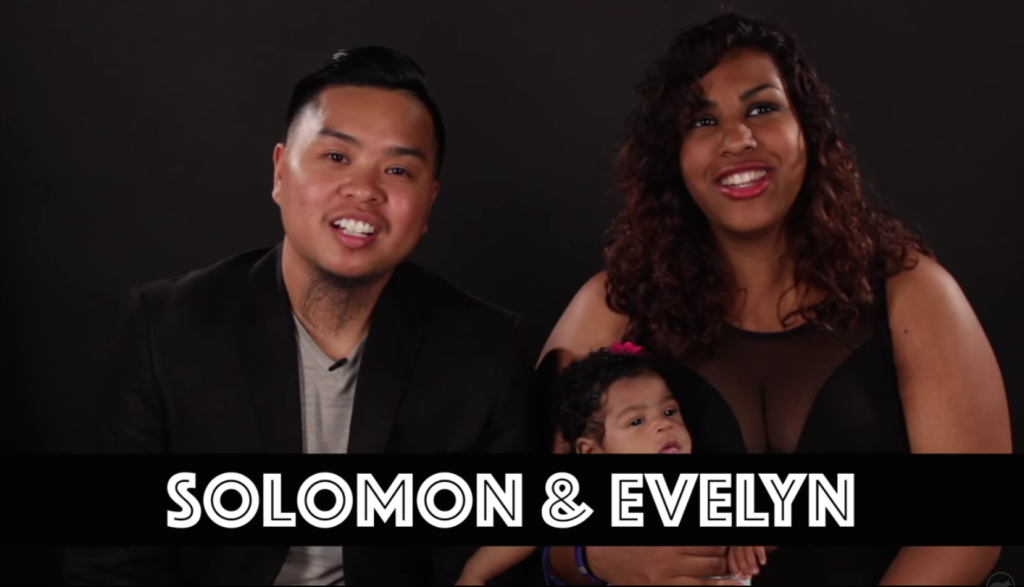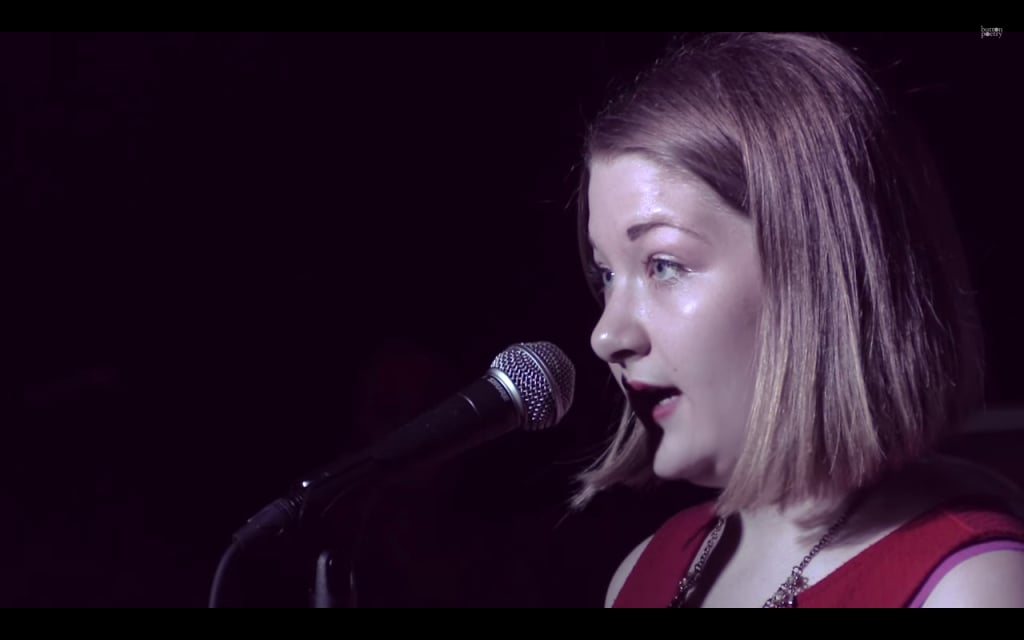Search results for: pregnant women
3 Alarming Trends in Our Current Political Conversations
#1: “Hate has been given a safe space.” Pay attention to these as we talk about the elections – what do they say about us?
Read MoreDiary of a Clinic Escort
Outside of the abortion clinic, we stand quietly in bright orange vests that read Pro-Choice Escort. We’re just trying to get the patients safely to the door, which often requires us to physically block the protesters who are shoving things in front of patients. I see the pain that these protesters have caused, the confusion and the vulnerability. We need clinic escorts now more than ever.
Read MoreWhy We Don’t Need #WhiteOutDay, White History Month, or a National Association for the Advancement of White People (Really, It’s Racist)
“Why is there no White History Month?” We’ve got to stop refocusing on the dominant group with questions like this, and here’s why.
Read MoreIs Your Halloween Costume Racist?
Halloween is about glorifying all things spooky, but the scariest thing is how rampant racism is. This year, try asking yourself these questions to avoid perpetuating stereotypes and racist attitudes.
Read More3 Reasons Why Folks Who Don’t ‘Look’ Non-Binary Can Still Be Non-Binary
Do you have a specific idea about what being non-binary “looks” like? Making assumptions about what it means to exist outside the gender binary of man and woman is harmful – and here’s how.
Read MoreIt’s Not ‘Forced Sex,’ It’s Rape – And Why Not Calling It That Is Dangerous
People will talk in all kinds of circles to avoid saying the word “rape.” But do you know about the dangerous affect that has on our world?
Read MoreGetting a Vaginal Widening Surgery
Sarah couldn’t even get a tampon in, much less have sex due to the pain. Then she learned that she had an annular hymen. So she decided to get a vagina widening surgery done.
Read MoreHow Toxic Masculinity Dominated 2016
Donald Trump, mass shootings, police violence. What’s the danger of toxic masculinity? For an answer, look no further than this review of 2016.
Read MoreThese 8 Dad Stereotypes Are Anti-Feminist – And It’s Time to Ditch Them
“Dads don’t like to spend quality time with their kids.” Can you spot why myths like this one are so harmful? What would you add to the list?
Read MoreOne Poet’s Response to an Obscene, Sexually Objectifying Question
Venessa Marco was just trying to buy lunch when a man asked her if she “knows how to deep throat.” And this isn’t an isolated incident. Most of us can remember a time when we were going about our days when all of a sudden, we’re reminded that a man doesn’t view us as a person, but as an object. Check out this awesome poem to see how Venessa handled the situation.
Read MoreWhat Raising Our Daughters Can Teach Us About Fighting Rape Culture
(Content Warning: Rape) You may have heard horrific stories about rape and victim-blaming. Maybe one of those stories is yours. With how often rape happens, what does it mean to raise children and hope for their safety? In this chilling spoken word piece, Elizabeth Acevedo explores how she would raise her daughter, showing exactly why it’s so important to fight rape culture.
Read MoreHow to Find the Beauty in Fat
So much of what we find attractive is determined by the media we consume. This media has presented a very particular definition of beauty, part of which is thinness. So how do we, as body-positive feminists, move past this generalized and restrictive definition of beauty and start to find the beauty in fat? Watch Golda Poretsky present some helpful hints and tips for beginning this process!
Read MoreIf Catcalls Were Really ‘Just Compliments’
“It’s a compliment!” Some people just don’t get the problem with street harassment, so here’s Cristen Conger with some criteria that proves it’s no compliment at all.
Read More‘Be a Man?’ Watch Boys and Men Ages 5-50 Respond to This Common Phrase
Here’s what happened when boys and men of various ages were asked to respond to “be a man.” What does this phrase mean to you?
Read MoreThe Big Lie Telling You to Hate Your Body in the Era of Social Media
Have heard about the “belly button challenge?” Yikes! Find out what it means for you that this kind of pressure is actually a thing.
Read MoreWhy You Shouldn’t Ask Asian People This Question
Ever felt the urge to ask “What kind of Asian are you?” Here’s why it’s better if you don’t. And if you’ve gotten that question, here’s a spoken word piece with everything you’ve ever wanted to say in response. This poet unpacks the stereotypes and struggles of his experiences and shows how asking such a question can add to dehumanizing marginalization.
Read MoreThe Problem with Expecting People to ‘Do What They Love’
“Do what you love” – it’s an inspirational key to happiness, right? In theory, sure. But this context shows it’s pretty elitist.
Read MoreThese Trans People and Their Partners Just Made Our Day with Their Love Stories
“I don’t want to say, ‘I’m normal, I’m just like you, so don’t be scared of me,’ because I think there’s a lot of value in being different.” The way these couples speak about their relationships is so sweet.
Read More7 Ways to Help a Teen Survivor of Sexual Assault
It’s devastating to discover that a teen you love has been a victim of sexual violence. Learn how you can compassionately support the teen survivor in your life (Trigger Warning).
Read MoreThis Is Not “Female Privilege” — This Is Misogyny
From the moment we are born, girls — and children who are told they are girls — are socialized to embrace misogyny as normal. As this poet explains, we learn to recognize our worth in how attractive men find us, to say thank you to street harassment, to protect ourselves with flirtation and niceties, to find power in masculinity, to be complacent with invisibility.
Read More

